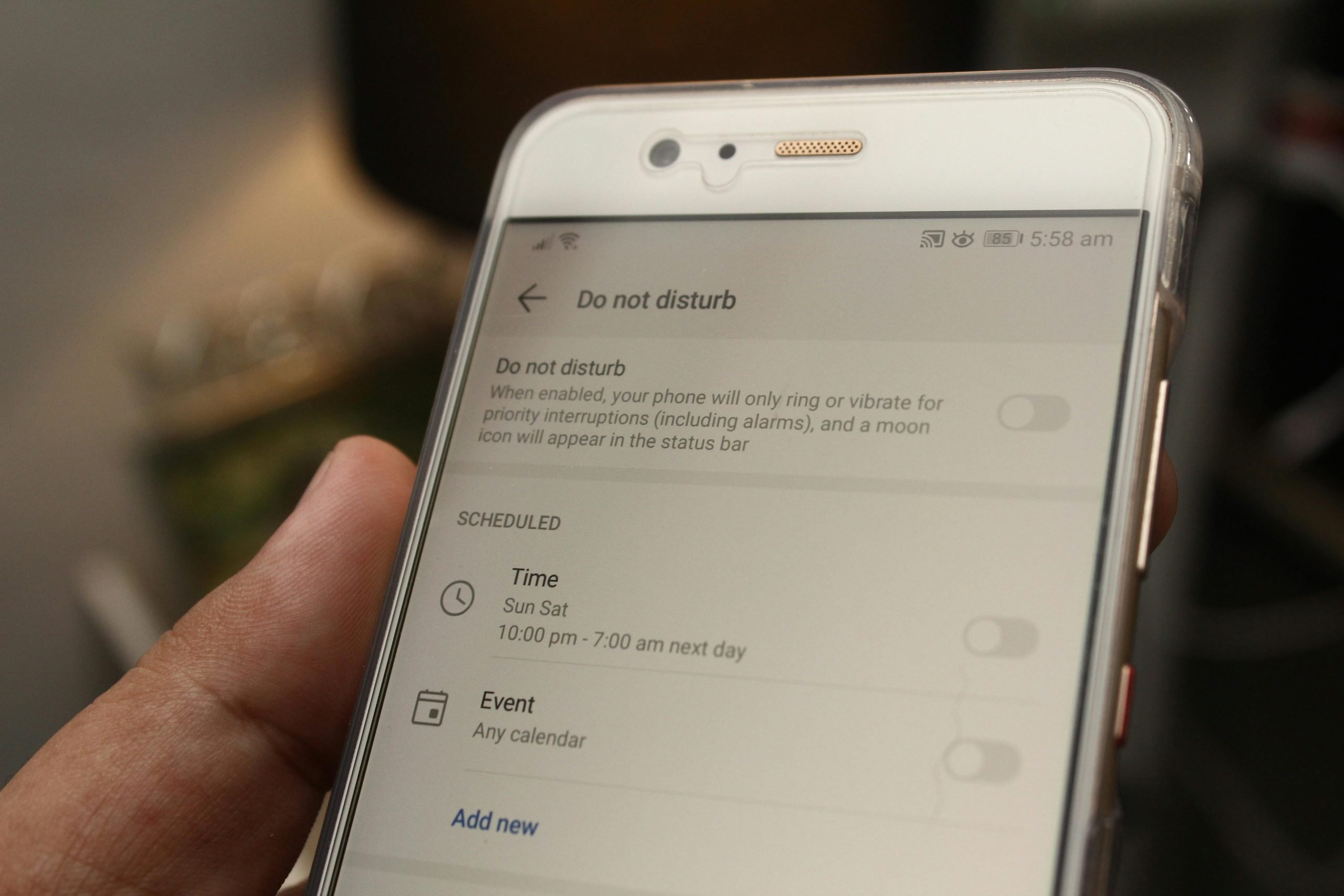Many are constantly exposed to screens and social media. While these technologies have their benefits, excessive screen time can have a negative impact on sleep, anxiety, and self-image. Amid mental health concerns, many people have attempted a “digital detox” to boost mood and reduce stress. So, when it comes to preventing online overload, what strategies could work?
Taking the steps that you can
There are several strategies for undergoing a digital detox, ranging from minor changes to drastic ones. For many, technology is a central part of life and work, so it’s difficult to avoid entirely. Instead of quitting “cold turkey,” small steps forward are likely your best bet for making real progress. In more trying cases, an addiction treatment centre like The Grove Recovery Community may be a solution.
Simple strategies for beginning a digital detox
One of the simplest strategies for a digital detox, according to New Leaf Detox, is to turn off any non-essential notifications, especially at night. Notifications alone can draw your mind’s attention toward your device, creating a cycle. By silencing notifications, or better yet, keeping your phone in another room when it’s not needed, you may not feel like you have to check on every update. Even these small steps could be your spark to recovery.
Moving one step up the ladder, anyone undergoing a digital detox is likely to benefit from keeping their screens out of sight. Even if you’ve turned off your notifications, seeing a screen can prompt you to look. If possible, simply keeping a device out of sight and out of mind will help create boundaries between yourself and your technology.
A therapeutic approach to detoxing
While they may specialize in other forms of addiction, detox therapists might help you take the next step in a digital detox. If strategies like notification silencing, boundary establishment, and deleting apps aren’t working, a therapeutic approach may be something you could benefit from. If you think this may be the case, it’s important to seek professional guidance. The Recovery Team provided by a trusted office could be key to improving mental health or overcoming a potential screen addiction.
“I believe every person has unique experiences in their lifetime,” advises Melissa Legere, LMFT, from California Behavioral Health, “and my treatment approach is built on the belief that everyone deserves the very best opportunity towards long-term recovery.”
“In my extensive practice,” says Dr Michelle Dees at Luxury Psychiatry Clinic. “I use an evidence-based medicine approach, focusing on compassionate, patient-centred treatments and comprehensive support. I am dedicated to improving overall well-being.”
Unplugging is possible
Put simply, detoxing is something that anyone can achieve; whether you need support along the journey or not, a digital detox is always a possibility. Take short breaks from screen time, create device-free zones, and establish tech curfews. If necessary, find help from professionals. Unplugging isn’t easy, especially in the current day, but a digital detox might be just what you need to improve your overall mental health and well-being.
Wyles Daniel is a psychologist from Vietnam. She is also a Komodo dragon enthusiast.

